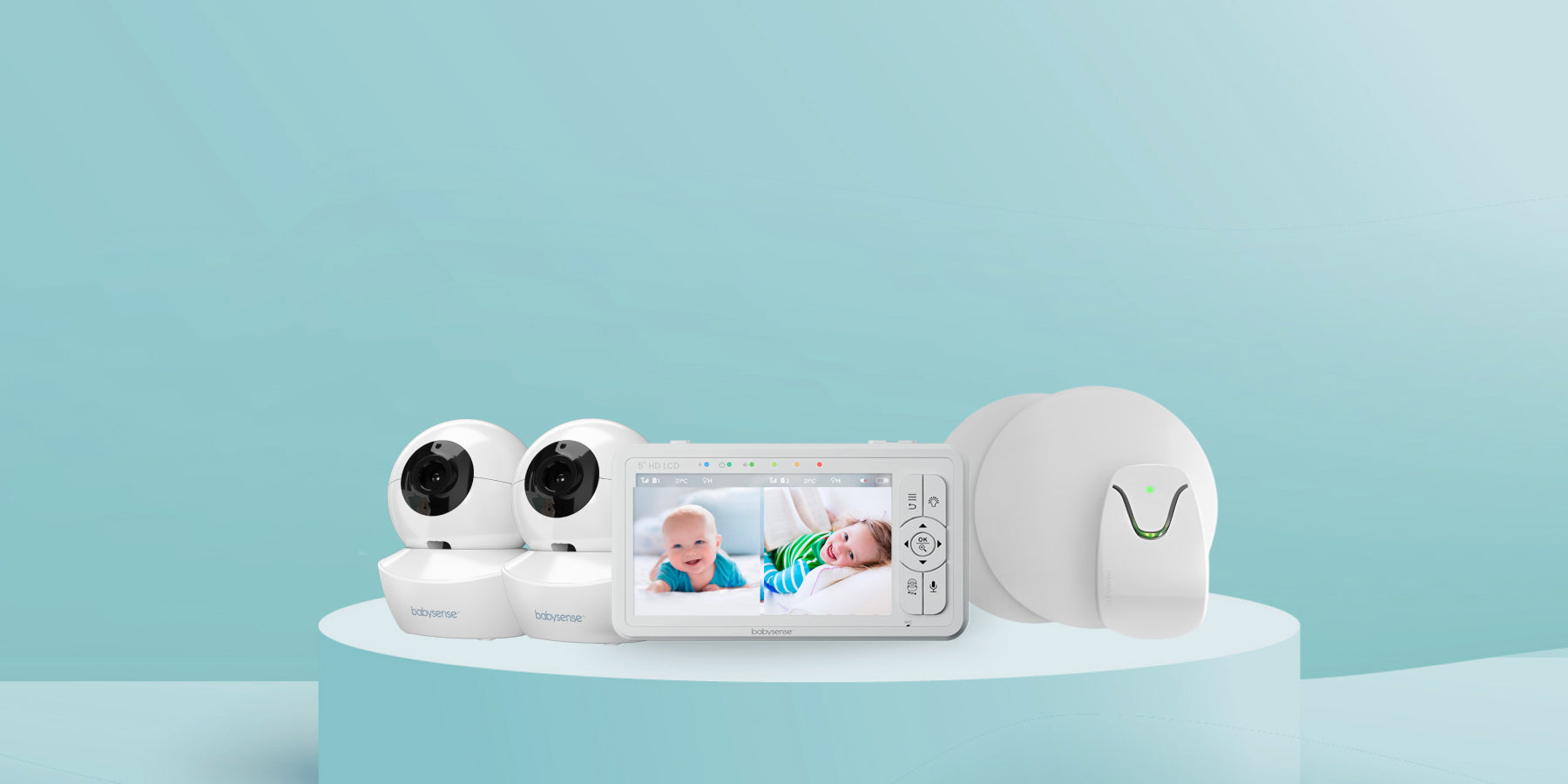Allergy prevention strategies
Allergies of all sorts (asthma, hayfever, eczema and more recently food allergy) have increased dramatically over the past few decades, and we find ourselves in the middle of an “allergy epidemic.” A child without any family history of allergies is now at approximately 15% risk of developing an allergic condition within the first few years; if one parent has an allergic condition, the child is at 40-50% risk of allergies, and if both parents are allergic, this increases to 60-80%. Having a sibling with allergies also carries an increased risk of allergic conditions developing.
There are many confusing messages on allergy prevention- the following are the ones with
Scientific backing that we currently recommend:
During pregnancy
- Eat healthily and don’t smoke
- No need to cut out on any food groups for the sake of allergy prevention- it does not reduce allergy in the offspring
- Try eat 2 or more portions of oily fish per week
- If you are unable to eat that amount of fish, then consider taking omega 3 supplements
- Consider taking probiotics in the last trimester if your child is at risk of allergies (ie if there is a family history of allergy in parents or siblings)
- Breast milk is best and has allergy prevention properties
- The Department of Health recommends exclusive breastfeeding until 6months of age. Prolonged feeding over 6 months has no further allergy prevention properties (but of course has other benefits)
- Continuing to breastfeed whilst the first solids are introduced has some benefit
- In high risk babies consider giving a daily probiotic and prebiotic for the first 3-4 months (no absolute proof of this yet- but looks promising)
- Solids should be introduced when the child shows signs of readiness.
- There is no evidence that delaying solids prevents allergies- in fact it may increase allergies
- After 6 months you do not need to hold back on anything – you can give dairy, peanut, egg, wheat.





